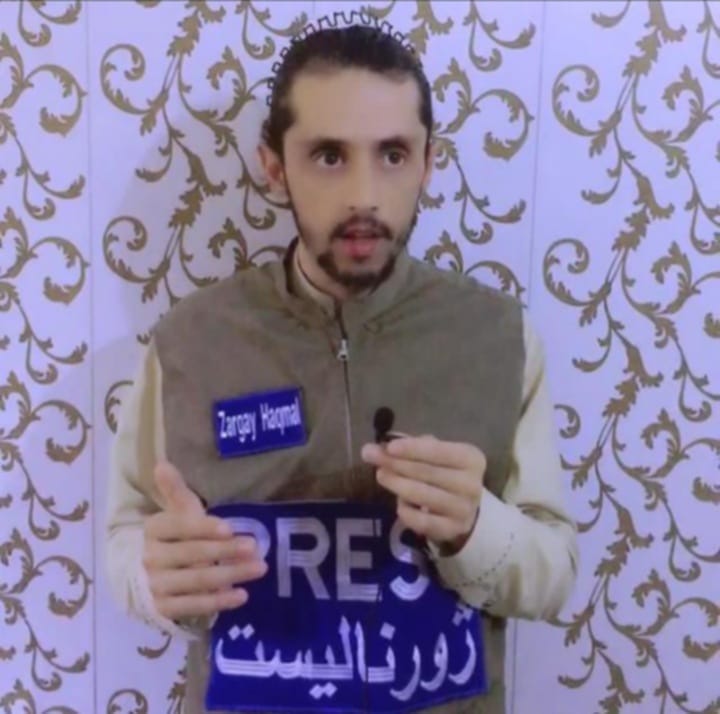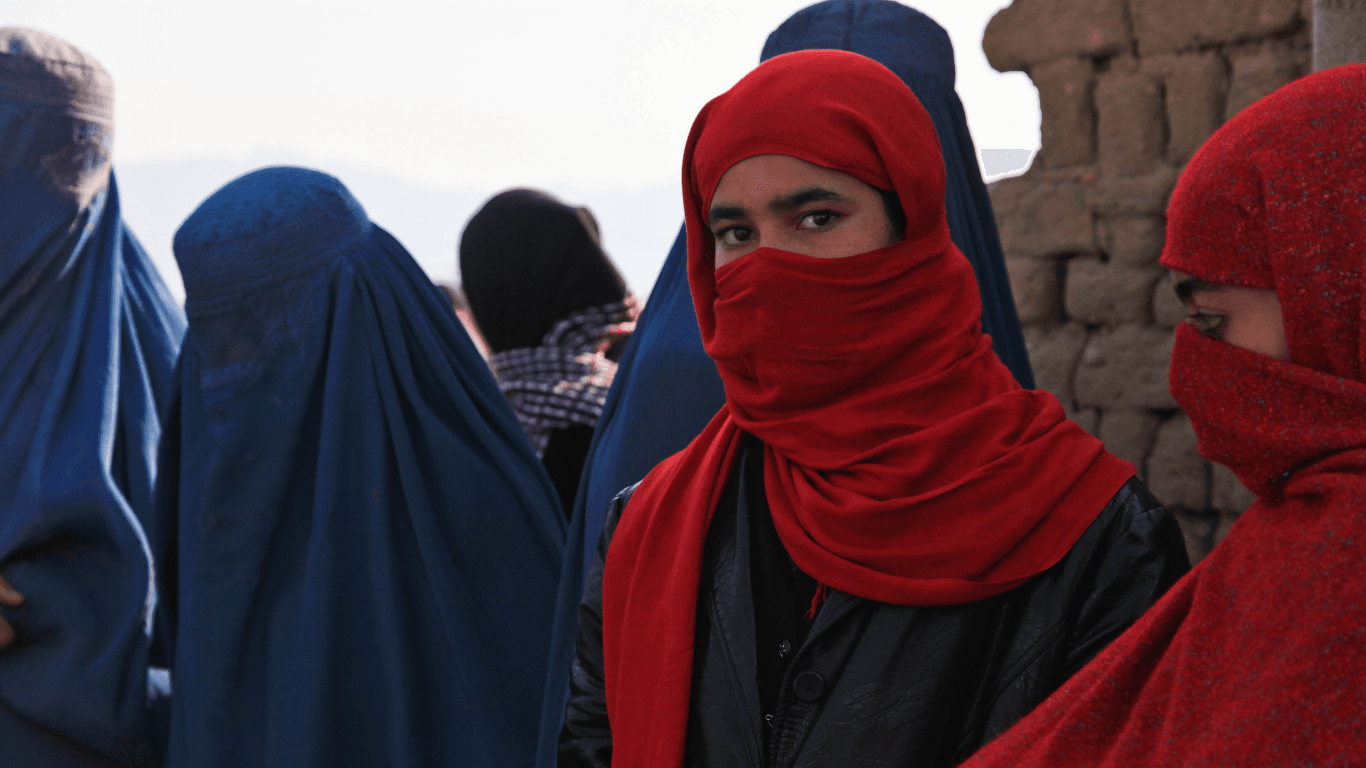
former Director of Broadcasting at Tajala Radio –
Afganistan
Sources say that some Taliban officials in the Ministry of Education have been harassing and threatening female teachers and employees through phone calls. According to the sources, Taliban officials call these women, proposing marriage, claiming they do not intend to harass them but are seeking a “halal marriage.” It is also reported that before making such contact, the Taliban investigate the women to find out which ones are unmarried — suggesting these acts are organized.
The sources add that this Taliban behavior has caused many female teachers to isolate themselves at home out of fear and constant harassment, and some have stopped working at the ministry altogether. The sources say that female teachers remain silent out of fear of “defamation, imprisonment, or execution.”
One source, who requested anonymity, said that a Taliban official repeatedly harassed her by phone. She added that there is no institution she can turn to for help. According to her, she and several other women who received marriage proposals from Taliban officials are defenseless against such abuse.
The source said:
“I was at home when I received a call. The caller said he liked me and wanted to be my partner. At first, I blocked him, thinking he was just a random harasser. Later, he kept calling me from different numbers every day. One day he sent a message and introduced himself. He even wrote my name, personal details, and home address — I was shocked. He said he wanted a halal marriage. I told him not to harass me, that I’m married, but he had investigated so much that I couldn’t believe it. He worked in the ministry, and his behavior put pressure on me because I’m the only one earning income at home. If I stop going to work, what will I do? And if I go, I’ll face harassment again.”
She added that she feels imprisoned in Afghanistan, with no way to escape:
“I can’t sleep at night. I’m scared. When I delete one number, he contacts me from another. My life has become a prison. If I tell my family, things will get worse; if I report it to the ministry, they’re all Taliban, and I’ll be blamed. I only told one sister: if something happens to me, tell my family the Taliban did it. Where can we go? Who can protect us?”
Another source from a public school said that a Taliban official asked her to act as a matchmaker for one of her unmarried female colleagues. She added that the request deeply worried her, but she couldn’t share it with anyone.
She said:
“We had a female teacher who was tall and beautiful. A Taliban official repeatedly told me to act as a matchmaker for that colleague. He insisted so much that I finally got fed up. I told him, ‘Sir, I’m single myself and can’t find a husband for me, let alone for someone else.’ I told him I wouldn’t do it and that he should tell her himself. Because of his pressure and harassment, I eventually broke my SIM card.”
This source added that many female teachers face similar behavior but cannot share their experiences. As a result, many are forced to quit their jobs due to fear and harassment.
Previously, reports indicated that Taliban Defense Ministry spokesperson Inayatullah Khwarazmi had also proposed marriage to several female journalists. Sources said that Khwarazmi contacted them from his personal number, claiming that he was “modern” and “not like other Taliban.”
Likewise, the Taliban’s former head of public relations, Saeed Khosti, allegedly forced a medical student named Elaha into marriage. Elaha later divorced him and exposed his abuse and coercion in the media.
Since the Taliban’s return to power, the rate of forced marriages has increased dramatically. Sources say the Taliban not only fail to investigate such cases but are themselves a central part of the problem.
The UN Assistance Mission in Afghanistan (UNAMA) has announced that the situation of Afghan women and girls has been deteriorating under Taliban rule. In a report marking the 80th anniversary of the United Nations’ founding, UNAMA said that restrictions on education, employment, and women’s participation in society have worsened and are putting the country’s future at serious risk.
Similarly, the European Union’s Special Envoy for Afghanistan, Gilles Bertrand, stated after a six-day visit that the human rights situation in Afghanistan — especially women’s rights — is deeply concerning. In a statement, he condemned the Taliban’s decision to ban women from working in UN offices, calling it a “negative signal” to the international community.





Daj svoj stav!
Još nema komentara. Napiši prvi.